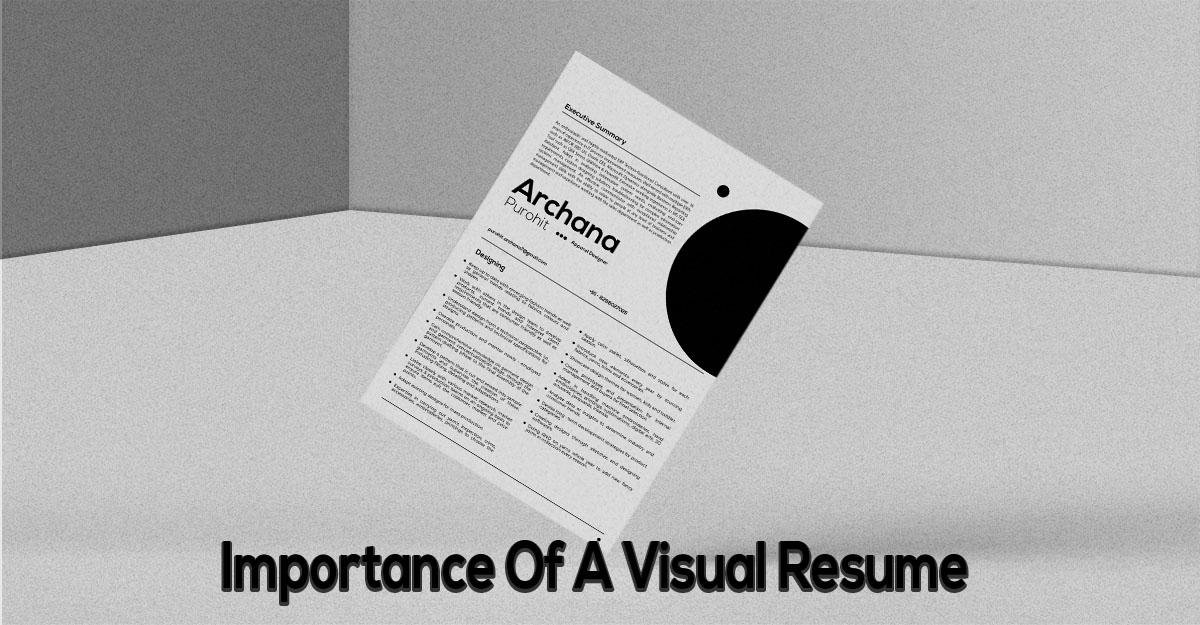Effective Goal Setting for Career Progression

In the journey of professional growth, effective goal setting serves as the compass guiding individuals toward their desired career destinations. Whether aiming for a promotion, a career change, or overall advancement, setting clear and achievable goals is paramount. However, the process of goal setting isn't just about listing aspirations; it involves strategic planning, self-reflection, and actionable steps. This article delves into the significance of effective goal setting for career progression and provides practical insights to help individuals navigate their paths to success.
Understanding the Power of Goal Setting
Goals act as beacons of direction, providing a clear vision of where one wants to be in their career. They serve as motivating forces, driving individuals to strive for excellence and pushing them beyond their comfort zones. Moreover, setting specific, measurable, achievable, relevant, and time-bound (SMART) goals enhances clarity and facilitates progress tracking.
Setting Clear Objectives
The first step in effective goal setting is defining clear objectives. Whether it's aiming for a leadership position, acquiring new skills, or expanding professional networks, clarity ensures that efforts are directed toward meaningful outcomes. By outlining specific objectives, individuals can align their actions with their aspirations, fostering a sense of purpose and direction.
Establishing Milestones
Breaking down long-term goals into smaller, manageable milestones is essential for maintaining momentum and tracking progress. Milestones provide checkpoints along the journey, allowing individuals to celebrate achievements, reassess strategies, and adjust course if necessary. Additionally, achieving milestones boosts confidence and reaffirms commitment to the overarching goals.
Prioritizing Goals
In a dynamic professional landscape, prioritization is key to effective goal setting. Not all goals hold the same level of importance or urgency, and individuals must identify and prioritize their objectives accordingly. By focusing on high-priority goals while allocating resources efficiently, individuals can optimize their efforts and maximize productivity.
Crafting Actionable Plans
Setting goals is only the first step; the real work lies in devising actionable plans to achieve them. A well-defined action plan outlines the specific steps, resources, and timelines needed to reach each goal. Here are some strategies for crafting actionable plans:
Research and Skill Development
For goals related to career advancement or transitioning to a new role, continuous learning and skill development are crucial. Researching industry trends, attending workshops, pursuing certifications, or enrolling in courses can enhance knowledge and competencies, making individuals more competitive in their fields.
Networking and Relationship Building
Building a strong professional network can open doors to opportunities and provide valuable support along the career journey. Networking events, industry conferences, and online platforms like LinkedIn offer avenues for connecting with peers, mentors, and potential collaborators. Cultivating genuine relationships fosters mentorship, collaboration, and access to insider knowledge.
Time Management and Accountability
Effective time management is essential for executing action plans and staying on track toward achieving goals. Utilizing tools like calendars, task lists, and productivity apps can help individuals prioritize tasks, manage deadlines, and maintain focus. Additionally, accountability partners or mentors can provide support, encouragement, and accountability throughout the goal-setting process.
Overcoming Challenges and Adapting Strategies
While setting goals is empowering, the journey to achieving them is rarely without obstacles. Challenges such as unexpected setbacks, lack of resources, or changing priorities may arise along the way. However, resilience and adaptability are key to overcoming challenges and staying on course. Here are some strategies for navigating obstacles:
Embracing Flexibility
Flexibility is crucial when faced with unexpected changes or setbacks. Being open to adjusting timelines, reassessing priorities, or exploring alternative approaches allows individuals to adapt to evolving circumstances without losing sight of their goals.
Seeking Support and Guidance
During challenging times, seeking support from mentors, peers, or professional networks can provide valuable guidance and perspective. Mentors or coaches can offer insights, advice, and encouragement, helping individuals navigate obstacles and stay motivated.
Learning from Setbacks
Setbacks are inevitable in any journey, but they also present opportunities for growth and learning. Instead of dwelling on failures, individuals can use setbacks as learning experiences, identifying areas for improvement and adjusting strategies accordingly. Reflecting on challenges and extracting lessons helps individuals become more resilient and better equipped to tackle future obstacles.
Celebrating Achievements and Setting New Goals
As individuals make progress toward their goals, it's essential to celebrate achievements along the way. Recognizing milestones, no matter how small, boosts morale, reinforces motivation, and provides a sense of accomplishment. Celebrations can take various forms, from acknowledging personal achievements to sharing successes with colleagues or mentors.
Reflecting and Setting New Goals
Effective goal setting is an ongoing process that requires continuous reflection and adjustment. As individuals achieve their goals, it's essential to reflect on their experiences, evaluate outcomes, and identify areas for growth. This reflection informs the process of setting new goals, allowing individuals to build upon their achievements and pursue further advancement in their careers.
Conclusion
Effective goal setting is a powerful tool for career progression, providing a roadmap for individuals to navigate their professional journeys with purpose and intentionality. By setting clear objectives, crafting actionable plans, and embracing flexibility, individuals can overcome challenges, maximize opportunities, and achieve their aspirations. As you embark on your career advancement journey, remember the importance of setting SMART goals, prioritizing objectives, and celebrating achievements along the way.









